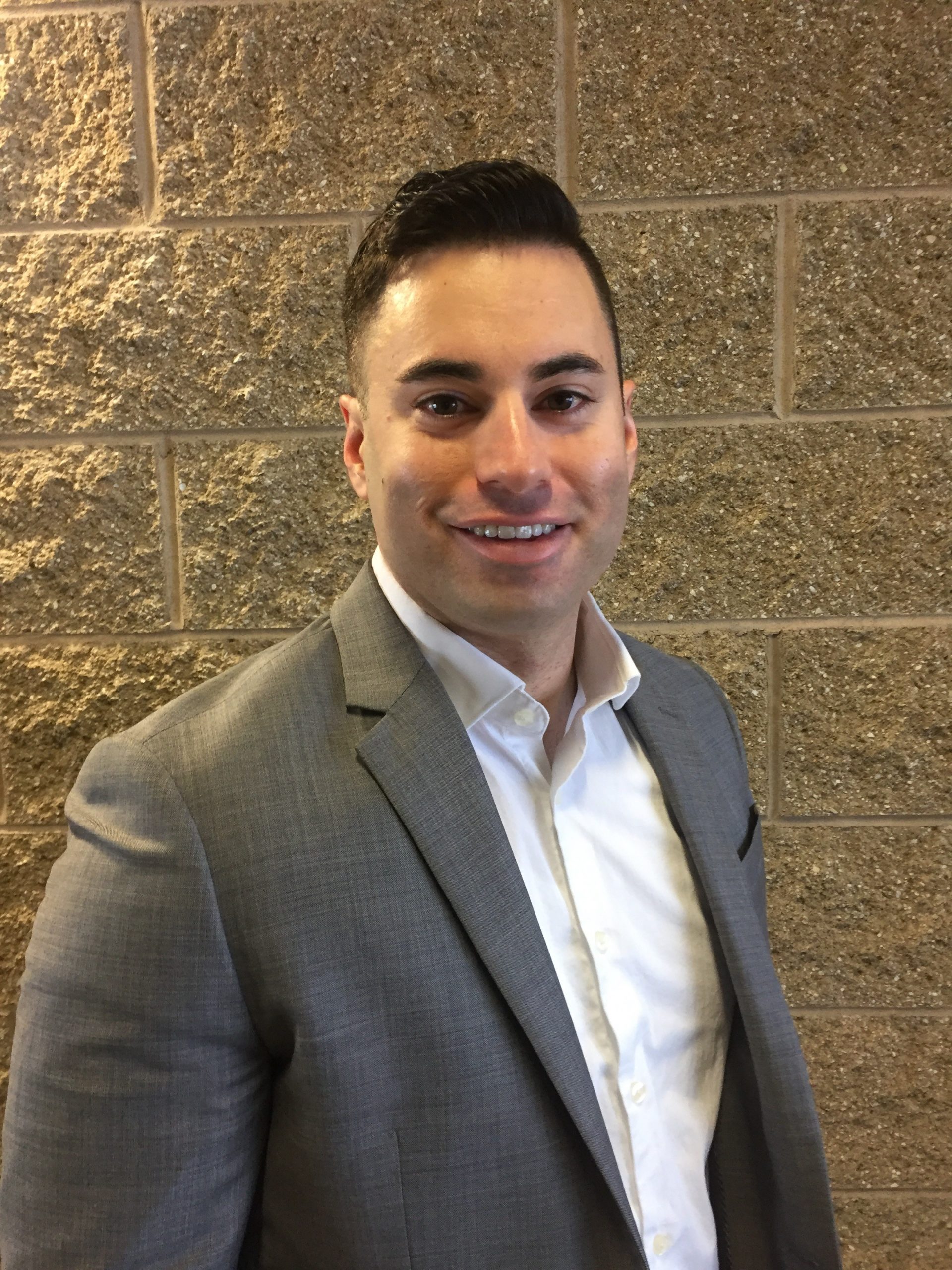Today’s digital landscape enables us to access information with just a few clicks. For internet users, this means they can research just about any topic they can think of. For business and organizations, this means they can now reach their target audience as long as they use the right online marketing strategies.
This can be said for any sector and industry—but it also applies to addiction treatment. Normally, people struggle to seek treatment for substance use disorders (SUDs) because of the stigma associated with drug addiction. Even going to rehab is stigmatized in our society. This is why people hesitate to reach out for help even if they need it.
Drug addiction treatment facilities must use proper digital marketing strategies to bridge that gap and allow more people to get started on their road to recovery.
One of the best strategies for rehab centers is pay-per-click (PPC) marketing. This has emerged in recent years as a powerful tool for treatment facilities aiming to connect with prospective clients.
Here we will explore the fundamentals of PPC marketing, its significance in addiction treatment, and best practices to implement an effective campaign.
What is PPC Marketing?
PPC marketing is a type of digital advertising where businesses pay a fee each time someone clicks on one of their ads. Unlike traditional advertising methods, companies do not pay upfront for an ad. PPC advertising only charges advertisers when their ad is clicked.
This model is most commonly associated with search engines like Google and Bing, where advertisers bid on keywords that they believe their target audience will search for. When users search for those keywords, the search engine displays ads in prominent positions on the results page, labeled as “sponsored” or “ad.” Social media platforms such as Facebook, Instagram, and LinkedIn also offer PPC advertising by targeting users based on their interests, demographics, and behaviors.
For addiction treatment centers, they can bid on certain keywords like “rehab near me” or “addiction treatment centers”.
PPC marketing works through an auction-based system. When advertisers create a PPC campaign, they select keywords relevant to their business, craft ad copy, and decide on a maximum bid for each click.
The ad platforms then use algorithms to evaluate and rank the ads. The rankings are based on several factors such as the bid amount, ad quality, and relevance to the search query or user profile. This process is known as the Ad Rank or Quality Score on Google Ads.
Higher-quality ads can achieve better placements and more affordable costs per click (CPC). Effective PPC campaigns require ongoing management to optimize bidding strategies, keyword choices, and ad performance, enabling businesses to maximize their ROI while reaching a targeted audience.
The Importance of PPC Marketing for Addiction Treatment Facilities
Digital marketing helps rehab facilities reach individuals and families in need of their services. When people want to learn more about the effects of addiction or how the treatment process works, they usually search online. PPC is one of the best strategies for making sure your potential clients can find your services when they do their research.
Here are some of the benefits of incorporating PPC into your overall digital marketing campaign:
Immediate Visibility
Addiction treatment facilities often compete with numerous organizations for the attention of individuals in crisis. PPC provides immediate visibility in search results. This is crucial in the addiction treatment space, where potential clients and their families often need immediate help and are actively searching for solutions.
A well-placed ad can make the difference between a potential client finding your services or going to a competitor. Unlike organic search strategies, which can take months to yield results, PPC ads can place a treatment facility’s message directly at the top of search engine results almost instantly.
By targeting specific keywords related to addiction treatment, PPC campaigns can ensure that the facility’s services are seen by those most in need at the moment they are searching.
By driving more targeted traffic to their websites, addiction treatment facilities can increase the number of inquiries and admissions. A well-optimized PPC campaign can significantly enhance a facility’s online presence.
Targeted Reach
With PPC, rehab facilities can target specific keywords related to addiction treatment, ensuring their ads appear in front of the right people. But in addition to this, PPC platforms like Google Ads offer advanced targeting options, allowing facilities to focus on specific geographic areas, demographics, and even times of day.
This level of precision reduces wasted ad spend and ensures that marketing budgets are used to attract people who need addiction treatment services, ultimately leading to a higher return on investment (ROI). This targeted approach means that facilities can reach those who are most likely to benefit from their services, increasing the chances of converting clicks into admissions.
Cost-Effective Marketing
If you are looking for a cost-effective way to reach your target audience, look no further than PPC marketing. Unlike search engine optimization (SEO), which can take a long time to produce results, PPC is faster and more efficient.
Since you will only pay when someone clicks on the ad, your treatment facility can enjoy precise budget control. This minimizes unnecessary spending. The fact that it can be customized to reach specific geographic areas makes it even more cost-efficient.
Measurable Results
One of the key benefits of pay-per-click marketing is its ability to deliver measurable results. PPC campaigns are easy to track, meaning facilities can see exactly how many people are clicking on their ads and visiting their websites. You can also track how many visitors are actually taking actions like filling out contact forms or making phone calls.
This transparency enables facilities to gauge the effectiveness of their campaigns in real-time. It is possible to use these insights to identify which ads are generating the most interest and driving the most conversions.
PPC platforms like Google Ads even offer detailed analytics, allowing addiction treatment centers to understand their audience’s demographics, search behaviors, and geographic locations. This data can be used to optimize future campaigns, ensuring marketing budgets are spent wisely.
For drug rehab centers, where every interaction could potentially be life-changing, the ability to measure and adjust campaigns is crucial to reaching those in need.
Developing a PPC Marketing Strategy for Addiction Treatment
Since you will be using PPC marketing alongside your long-term digital marketing efforts, you need to develop a proper plan for it. This will also ensure that you are targeting the right keywords and spending your budget wisely.
A well-structured PPC strategy allows marketers to effectively allocate their budget, target specific demographics, and optimize ad performance through data analysis and continuous adjustments. By focusing on relevant keywords and compelling ad copy, businesses can enhance their click-through rates and conversion rates.
Step 1: Define Your Goals
Before launching a pay-per-click campaign, it is essential to clearly define your goals. These goals could range from increasing brand awareness and generating leads to driving specific actions such as inquiries or appointments.
Establishing measurable objectives allows you to track your campaign’s effectiveness, ensuring you focus on key performance indicators (KPIs) such as click-through rates (CTR), conversion rates, and cost per acquisition (CPA). By setting precise goals, you can create a targeted strategy that aligns with your organization’s mission to provide effective addiction treatment services.
Step 2: Conduct Keyword Research
Conducting thorough keyword research is vital since PPC marketing follows an auction-based system. Begin by identifying relevant keywords and phrases that potential clients may use when searching for addiction treatment services.
Use tools like Google Keyword Planner, SEMrush, or Ahrefs to discover high-volume and low-competition keywords related to addiction, recovery, and treatment options. Focus on long-tail keywords that capture specific intents, such as “best addiction treatment for alcohol,” as these often result in higher conversion rates.
If your rehab center offers specific treatment approaches and programs, focus on those as well so that you can reach your specific audience. Additionally, consider negative keywords to filter out irrelevant traffic, ensuring your ads reach the most suitable audience.
Step 3: Create Compelling Ad Copy
Creating compelling ad copy is crucial for attracting clicks and encouraging potential clients to engage with your treatment services. Your ad copy should be concise, clear, and persuasive. It should highlight the unique aspects of your treatment programs.
Use strong calls to action (CTAs) to prompt users to take immediate steps. For example, you can say “Call Now for a Free Consultation” or “Get Help Today”. Make sure the copy addresses common concerns related to addiction treatment. Testing different variations of ad copy can help identify which messages resonate best with your target audience.
Step 4: Optimize Landing Pages
Optimizing landing pages is also important if you want to convert clicks into leads or clients.
Provide a seamless user experience by ensuring your landing pages are directly relevant to the ad copy and keywords. Include clear and concise information about your rehab facility so that potential clients can easily reach out. You can also motivate them to choose your treatment center by adding testimonials from previous clients.
Remember that your landing pages need to be both visually appealing and mobile-friendly, as many users will access your site via smartphones.
Step 5: Set a Budget and Bid Strategy
Determine your overall advertising budget and choose a bidding strategy that aligns with your goals. Use manual bidding for precise control or automated bidding options that optimize for conversions. Consider starting with a conservative budget and gradually increasing it as you gather data and insights into what works best for your campaign. Regularly reviewing your budget and adjusting bids based on performance metrics will help ensure you remain competitive while maximizing your ad spend.
Step 6: Monitor and Adjust Your Campaigns
Speaking of regular review, monitoring your PPC campaigns is an ongoing process that requires regular attention. This will allow you to adjust and optimize its performance accordingly.
Utilize analytics tools, such as Google Ads and Google Analytics, to track key metrics like CTR, conversion rates, and bounce rates. Regularly review your keyword performance to identify high-performing and underperforming keywords, making necessary adjustments to your bids or adding new keywords as trends evolve.
Implement A/B testing on ad copy and landing pages to continuously improve effectiveness. By being proactive and responsive to campaign data, you can enhance your strategy over time. This will not only benefit your rehab center but also the people you are trying to help.
The Challenges of PPC Marketing for Addiction Treatment
While PPC marketing offers numerous advantages, it also presents specific challenges. One primary obstacle is the strict advertising regulations imposed by platforms like Google and Facebook, which often limit the ability to promote addiction treatment services. These restrictions can make it difficult to reach potential clients.
Additionally, the competitive landscape is fierce. There are numerous treatment facilities vying for visibility in the same digital spaces. This saturation can drive up costs for clicks, making it essential for organizations to optimize their campaigns continuously to ensure a favorable return on investment.
Finally, there’s also the fact that addiction treatment is a sensitive topic for many. You will have to craft your ad copy carefully and responsibly to send the right message to the right people. You don’t want your treatment center to be the source of stigma. This necessitates a nuanced approach that combines empathy and clarity, ensuring that messages convey support and understanding.
Work with MasterMindSEO
Pay-per-click marketing is a powerful tool for addiction treatment facilities looking to reach individuals in need of help. In an industry where every interaction counts, this strategy provides immediate results. Rehab centers need to embrace this marketing strategy and learn how to use it properly to thrive in this competitive industry.
Overall, we can say that digital marketing is a powerful tool for addiction treatment centers. However, it requires a thoughtful, ethical approach that respects the unique challenges of this field. And because digital marketing has become such an indispensable tool for addiction treatment centers, it is important to work with a company you trust.
MasterMindSEO has experience in performing digital marketing campaigns for e-commerce, national, regional and local businesses. Email or call and we will be happy to see how we can help your center get more leads and help more patients!
Ready to take your addiction treatment SEO to the next level? Want to rank your detox center on Google Maps? Let MasterMindSEO help you.
[button color=”undefined” hover_text_color_override=”undefined” url=”https://bookme.name/MasterMindDBS” text=”Get More Admits!” color_override=””]

